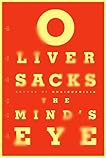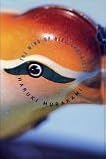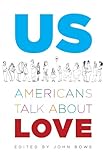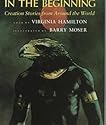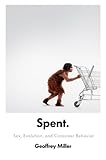After missing an earlier flight back to Boston by two minutes, I had a six hour layover to kill in LAX. I passed most of it reading �the five people you meet in heaven� by Mitch Albon. It's a delightful read and you can easily find yourself lost in the main character since he presents a little bit of all of us. The following are a few lines from the book that stuck with me:
�No life is a waste,� the Blue Man said. �The only time we waste is the time we spend thinking we are alone.� [50]
�That's the thing. Sometimes when you sacrifice something precious, you're not really losing it. You're just passing it on to someone else.� [94]
All parents damage their children. It cannot be helped. Youth, like pristine glass, absorbs the prints of its handlers. Some parents smudge, other crack, a few shatter childhoods completely into jagged little pieces, beyond repair. [104]
�Learn this form me. Holding anger is a poison.. It eats you from the inside. We think that hating is a weapon that attacks the person who harmed us. But hatred is a curved blade. And the harm we do, we do to ourselves.� [141]
�Life has to end,� she said. �Love doesn't.� [173]
The biggest thought for me is the author's view that everything happens for a reason. One may never know what that reason is, but it's there. I myself have to reject that notion since it implies some higher purpose or meaning that I don't believe exists.

























